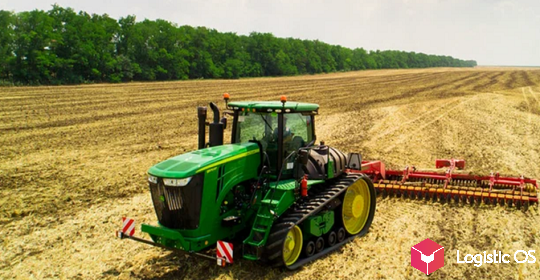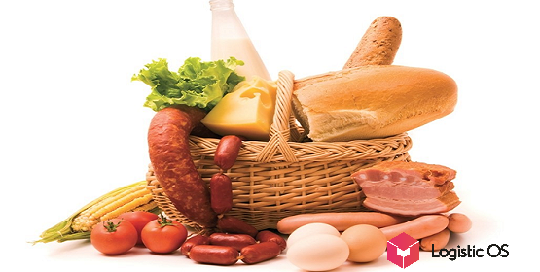Despite serious trials for the entire Russian agro-industrial complex, manufacturers of oil and fat products were able to show good results.
One of the main achievements of the current year is a high harvest, in particular sunflower.
At the same time, farmers have experienced difficulties in selling products for export and generating income.
A) For the first time in history, the government introduced quotas and duties on the export of sunflower oil and meal, which reduced the income of farmers.
B) The expensive ruble hit their income even harder. This was partly compensated by converting duties into rubles as well.
C) The past year was also remembered for its high volatility: up to April, prices rose, from June they began to fall, and the fall was up to 50%. However, prices have now stabilized.
D) Russian agrarians had a difficult time due to sanctions, because of them many ports were closed for ships from the Russian Federation, there were also difficulties with money transfers, with ship charter and cargo insurance.
This problem was partially solved, including by reorienting supplies to other markets.
But 2023 should be the period when all the problems with logistics should definitely be left behind, says Mikhail Maltsev, executive director of the Russian Oil and Fat Union.
What are the future prospects?
At present, the volume of exports of oil and fat products is gradually growing: the industry is gradually coping with the difficulties that have fallen on it.
By the way, the fact that there are still restrictions on the export of fat and oil products is not so bad.
According to Maltsev, this will stimulate the processing of raw materials within the country, which will increase the export of finished products, such as vegetable oil.
However, there are other problems as well.
In particular, Russian farmers do not have enough working capital: as already mentioned, revenues have decreased, while logistics costs have increased. In addition, the processing of raw materials within the country also requires financial investments.
The problem could be solved with soft loans with a low rate, says Mikhail Maltsev. If such a tool is not available, questions arise: will farmers be able to ensure the export of products abroad and at the same time remain competitive in price.
At the same time, there is a danger that Russian producers may again decide to «hold» the harvest in warehouses in anticipation of rising prices.
But this, according to experts, will not lead to a good result: due to an excess of supply, the cost may collapse even more.

